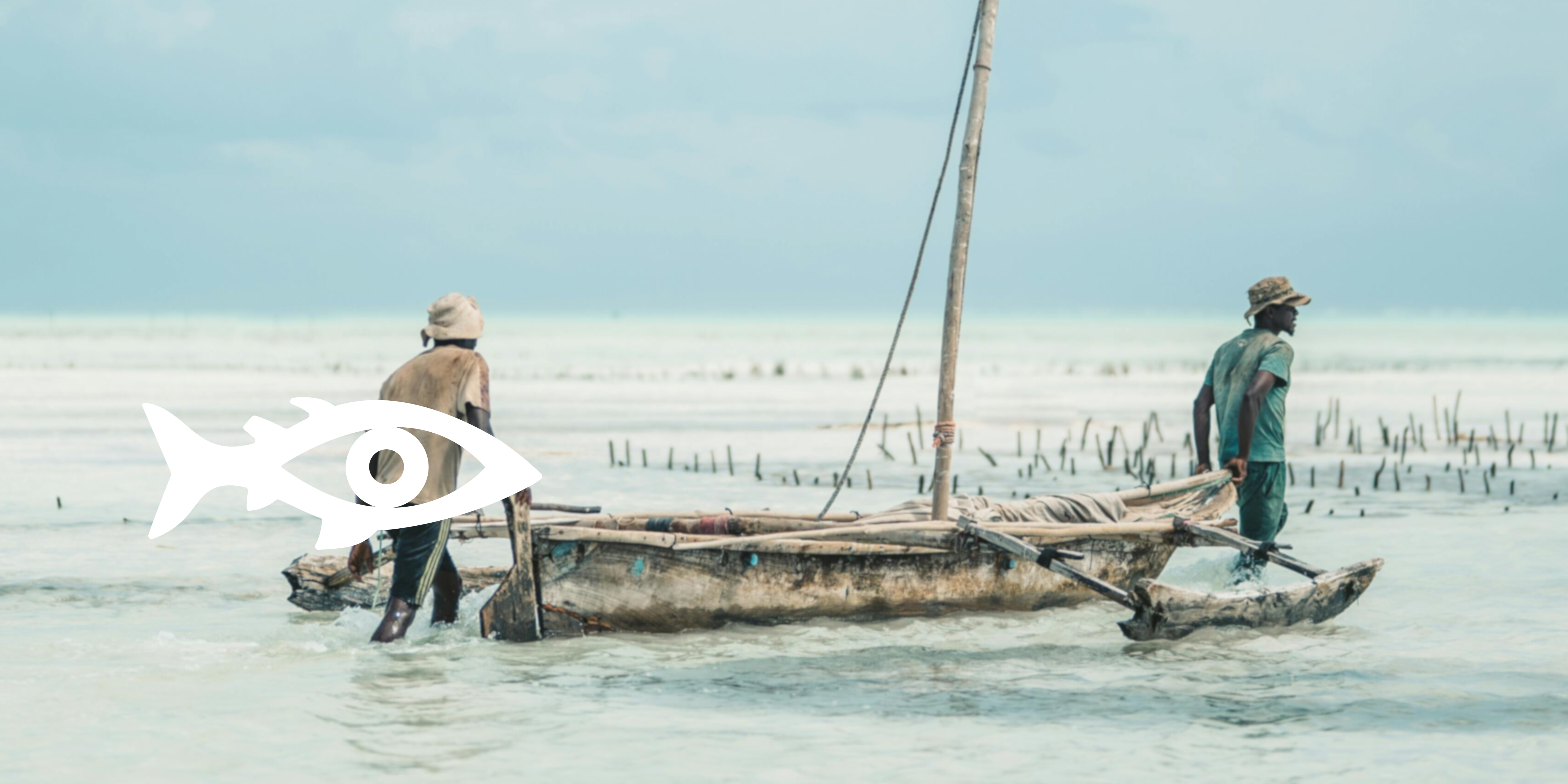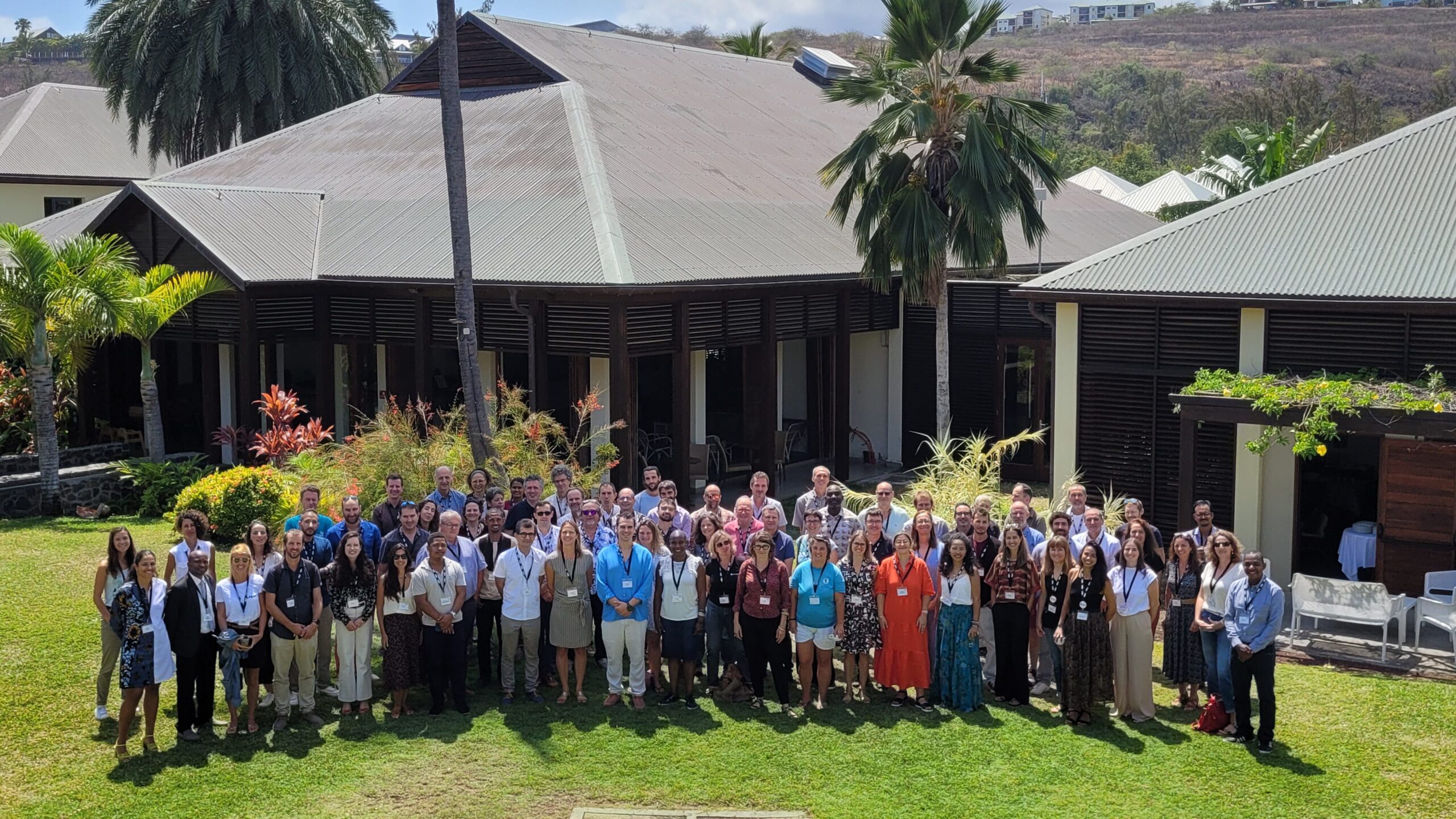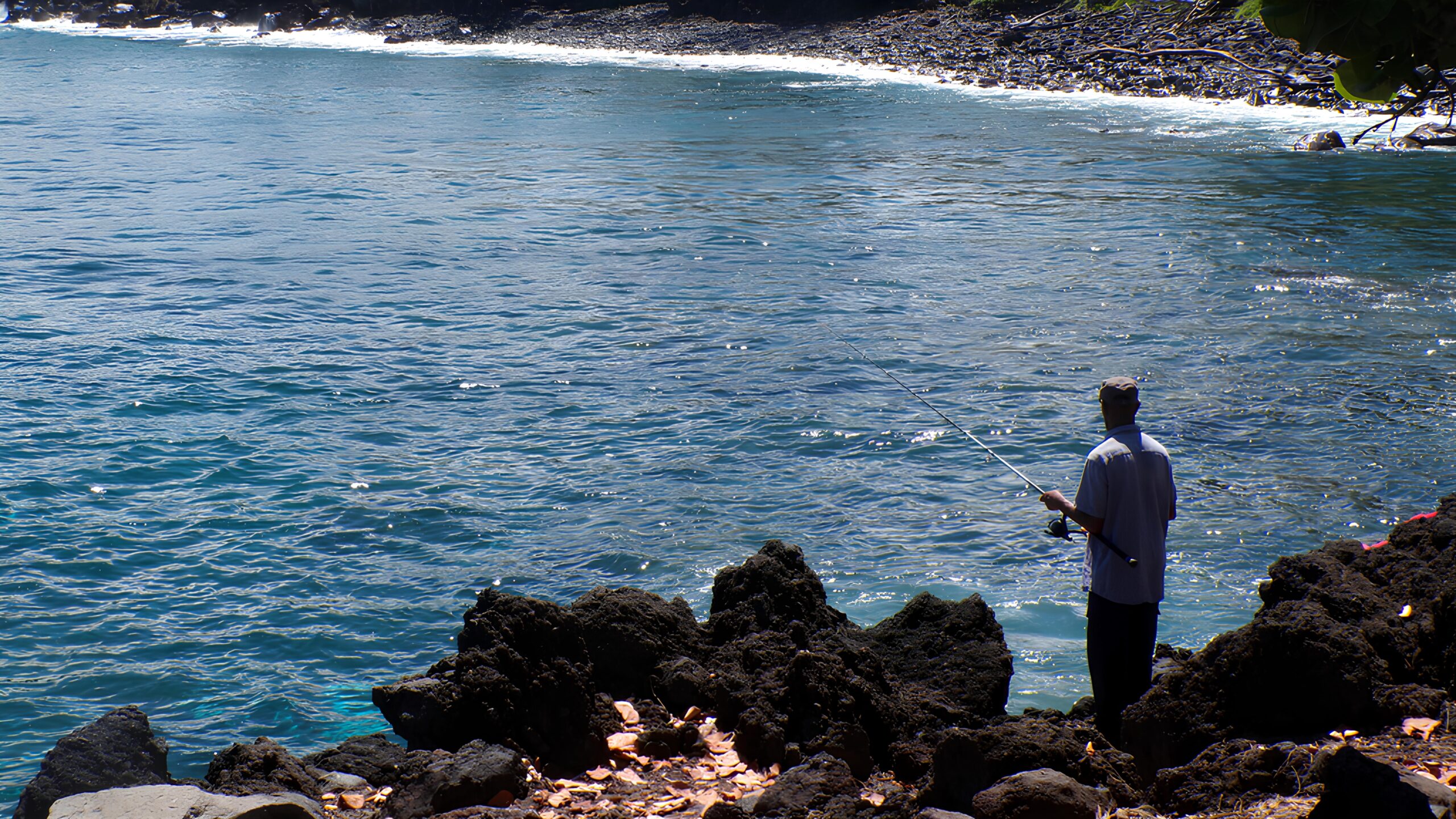
How can artisanal fishermen be better integrated into marine governance and conservation issues in Reunion Island?
Unsuitable regulations for artisanal fishing
Artisanal fishing faces a pile of regulations (EEZ, MPAs, public policies, international treaties) that are often unclear and sometimes contradictory. These measures, which are rarely co-constructed with those most concerned, deprive fishermen of their territory and knowledge.
The resulting resistance is all the stronger because artisanal fishing is not a homogeneous group: it encompasses a variety of practices with very different ecological impacts and economic rationales. This lack of recognition of local realities also creates internal tensions between fishermen, fueled by unequal enforcement of the rules.
In addition, the terms and conditions for participation in management mechanisms are often vague or poorly understood, which limits the emergence of truly shared governance. There is an urgent need to articulate social equity, environmental justice, and effective management policies, recognizing the complexity of artisanal fishing social-ecological systems.
Laura Suarez Barrera’s thesis: Co-constructing tools for more equitable and effective fishing policies
As part of her thesis funded by the SOUND program and part of the BRIDGES CO-CONSTRUCTION targeted project, Laura Suarez Barrera proposes to develop decision-making support tools to formulate effective and equitable management scenarios in the Reunion Island Marine Nature Reserve.
Her work is organized in several stages:
- Identifying the rules in force and comparing how professionals participate in fisheries management. She also analyzes shared management (or “co-management”) experiences implemented elsewhere to draw useful lessons.
- Seeking to better understand the realities on the ground: how artisanal fisheries are organized in this site, what local knowledge there is about marine environments, what difficulties are encountered, and how fishermen adapt on a daily basis. She is interested in individual and collective experiences related to environmental inequalities and governance.
- Engage with different actors and attempt to foster dialogue between different points of view and knowledge: those derived from field experience and those derived from scientific research. She is also carrying out mapping work to better visualize the actors involved, their roles, their relationships, and the power dynamics at work.
- Opening up spaces for exchange to collectively reflect on areas for improvement. Her goal is to work with the people concerned to develop concrete recommendations for governance that is fairer and more adapted to local realities. She will also monitor the impact of these proposals to see how they evolve over time.
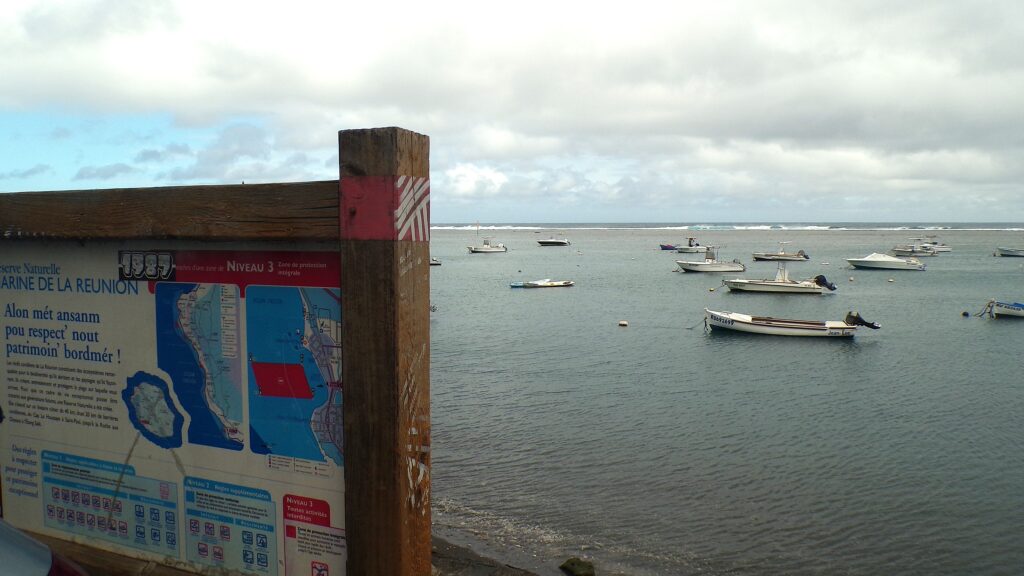
©Laura Suarez, 2025.
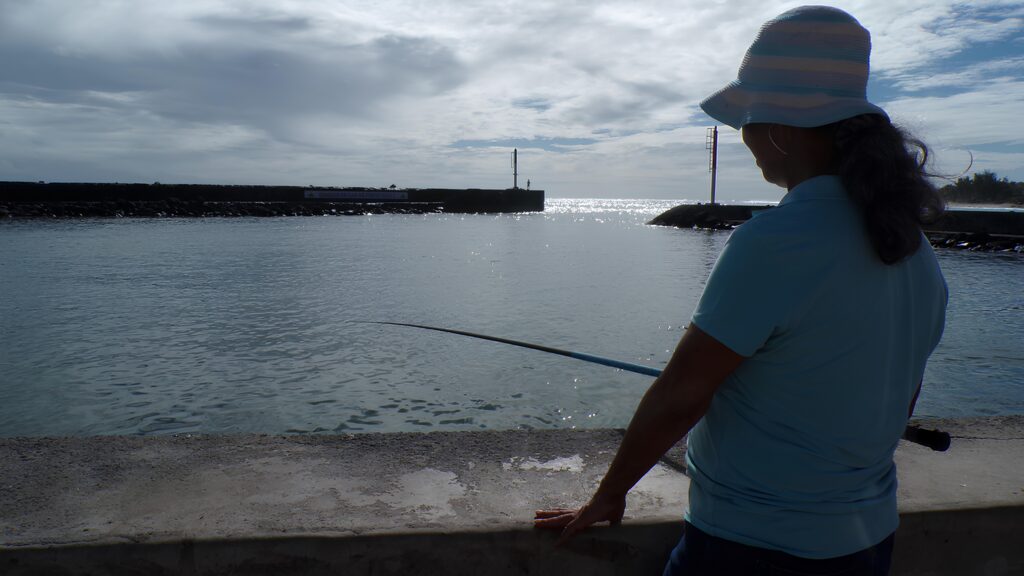
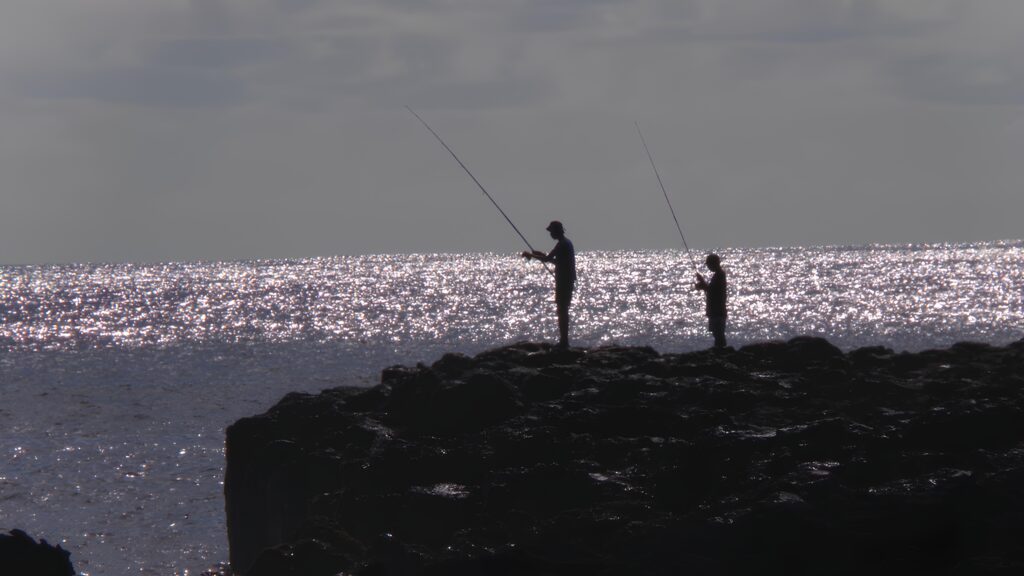
©Laura Suarez, 2025
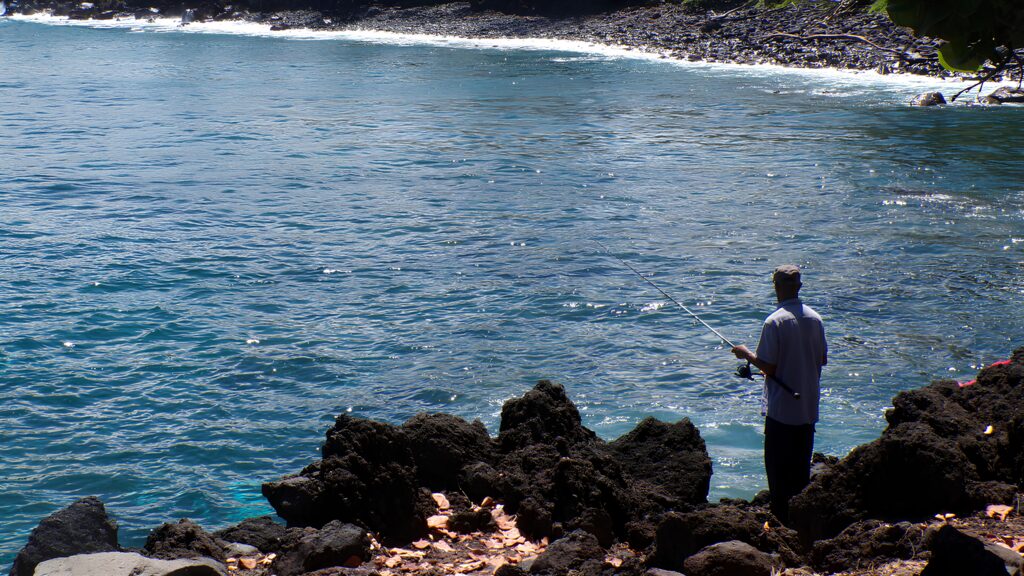
©Laura Suarez, 2025
Biosketch
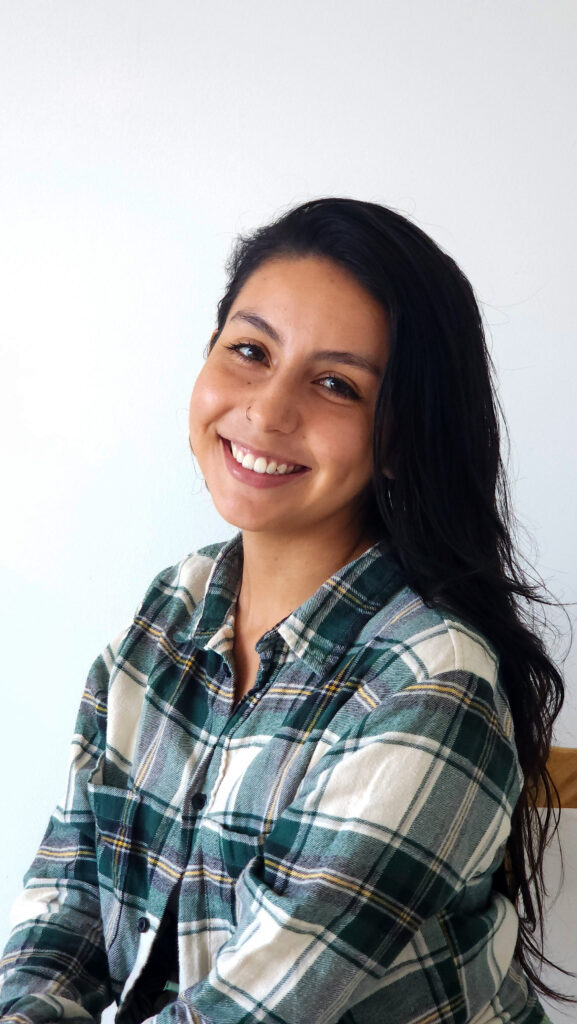
Laura Suarez Barrera is a first-year doctoral student in socio-anthropology at PALOC (MNHN – IRD – University of Réunion – Espace-Dev), after completing a master’s degree in general anthropology and ethnology of contemporary worlds at the University of Lyon II. She is interested in the relationships between humans and marine environments, with a particular focus on participatory approaches and interdisciplinarity. Her master’s thesis focused on Sargassum seaweed in Mexico and its social and ecological impacts. In Reunion Island, she finds a strong resonance with her Colombian roots: island societies marked by colonial history, great cultural richness, and a sensitive, lived, and political relationship with the sea. It is in this context that she explores the social effects of marine conservation policies through the knowledge, practices, and trajectories of artisanal fishermen and women.
Contact: laura.suarezbarrera@mnhn.fr
The SOUND program
The SOUND project, led by the Sorbonne University Alliance, funds multidisciplinary doctoral and postdoctoral studies with a strong social impact. Through its second call for projects, it supports twelve research projects rooted in civil society, combining science, external partners, and current issues. The focus is on inequalities, the credibility of information, and the transmission of knowledge. SOUND encourages collaborative, sustainable, and open approaches to shed light on past and ongoing social transformations and build collective responses.
More news News

